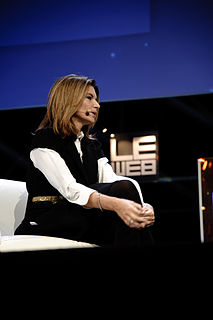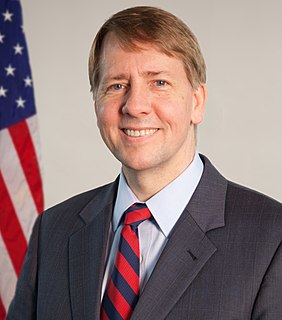A Quote by Stanley Marcus
Consumers are statistics. Customers are people.
Quote Topics
Related Quotes
If you ask who are the customers of education, the customers of education are the society at large, the employers who hire people, things like that. But ultimately I think the customers are the parents. Not even the students but the parents. The problem that we have in this country is that the customers went away. The customers stopped paying attention to their schools, for the most part.
Often people say they can't base their strategies on customers because customers make unreasonable requests and because customers vary too much. Such opinions reveal serious misconceptions. The truly outside-in company definitely does not try to serve all the needs of its customers. Instead, its managers are clear about what their organization can and should do for customers, and whatever they do they do well. They focus.
If old consumers were assumed to be passive, then new consumers are active. If old consumers were predictable and stayed where you told them, then new consumers are migratory, showing a declining loyalty to networks or media. If old consumers were isolated individuals, then new consumers are more socially connected. If the work of media consumers was once silent and invisible, then new consumers are now noisy and public.
The capitalistic social order, therefore, is an economic democracy in the strictest sense of the word. In the last analysis, all decisions are dependent on the will of the people as consumers. Thus, whenever there is a conflict between the consumers' views and those of the business managers, market pressures assure that the views of the consumers win out eventually.
The easiest way to figure out who the customer is in an online space is to figure out who is paying for the thing. Usually, the people paying are the customers. So on Facebook, the people paying are marketers. That makes them the customers. And it means we are the product being delivered to those customers.
Consumers will purchase high quality products even if they are expensive, or in other words, even if there are slightly reasonable discount offers, consumers will not purchase products unless they truly understand and are satisfied with the quality. Also, product appeal must be properly communicated to consumers, but advertisements that are pushed on consumers are gradually losing their effect, and we have to take the approach that encourages consumers to retrieve information at their own will.


































